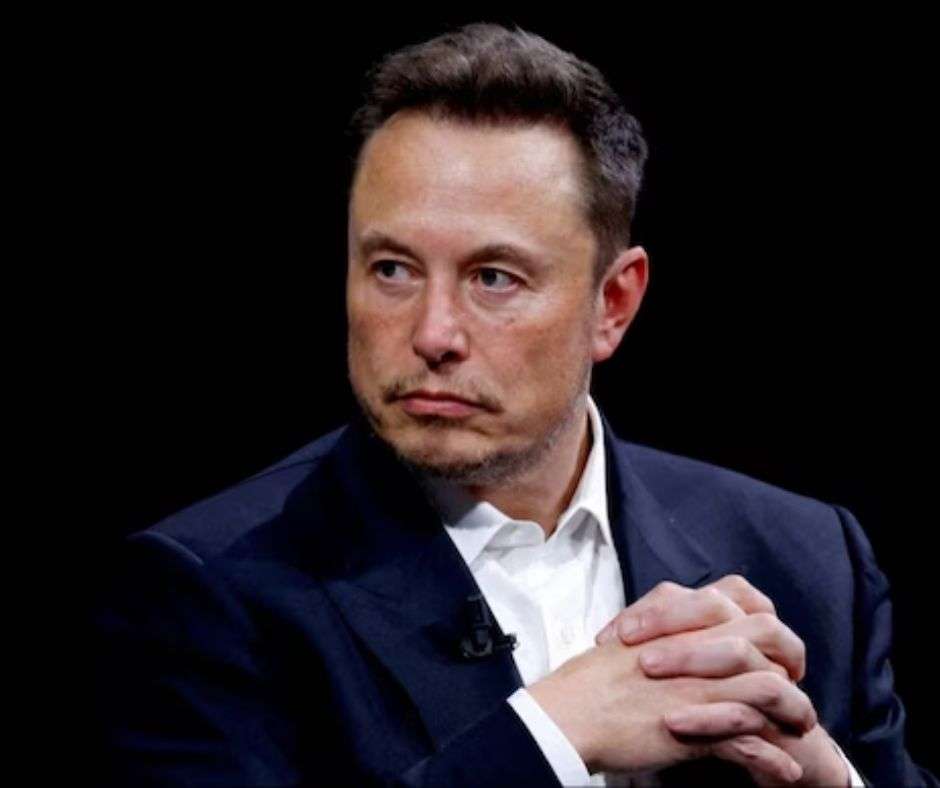In a dramatic twist in the tech world, Elon Musk has threatened to ban Apple devices from his companies. This bold move comes after Apple announced new ChatGPT integrations during its Worldwide Developers Conference (WWDC) 2024 event. Elon Musk’s reaction has sparked widespread debate, raising questions about privacy, data security, and the future of AI.

Background on the Controversy | Elon Musk’s reaction
On June 10, 2024, Apple revealed it would integrate OpenAI’s ChatGPT at the operating system level, enabling users to ask Siri questions and receive answers directly from ChatGPT. This development allows users to interact with AI without needing to open a separate app, streamlining their experience. However, Musk’s response was swift and severe. He took to X, formerly known as Twitter, to voice his concerns, threatening to ban iPhones from his companies if Apple implements these integrations at the OS level.
Privacy and Data Security Concerns
Musk’s primary gripe lies in the realm of privacy and data security. He argues that by integrating ChatGPT deeply into iOS, Apple inadvertently exposes users’ private data to third parties. This is despite assurances from both Apple and OpenAI that any interaction with ChatGPT requires user consent each time. Musk believes this level of integration is risky and that user data could be compromised.
In one of his posts, Musk said, “Apple using the words ‘protect your privacy’ while handing your data over to a third-party AI that they don’t understand and can’t themselves create is not protecting privacy at all!” He reiterated that integrating AI at the OS level should be avoided and preferred that OpenAI’s functions remain confined to a dedicated app, where user data could be more easily controlled and protected.
The Technical Misunderstanding
While Musk’s concerns are valid, there seems to be a technical misunderstanding or at least an attempt to sow doubt among users. The integration model described by Apple involves seeking user approval before any data is shared with ChatGPT, whether it’s a simple question, document, or photo. This setup means that user data is not automatically at risk; rather, it is shared only when the user explicitly allows it.
A notable response came from VC and CTO Sam Pullara at Sutter Hill Ventures, who explained that the user is approving each request on a per-request basis, similar to how the current ChatGPT app operates. Musk countered, expressing frustration and suggesting that the current setup should remain unchanged.
Broader Implications for AI and Tech Companies
This conflict has broader implications for AI and tech companies. Musk has been a vocal critic of AI integrations that potentially jeopardize user privacy. His stance reflects growing concerns among digital rights activists and the general public about how AI data is managed. If Musk follows through with his threat, it could lead to a significant shift in how tech companies manage AI integrations and user data.
Moreover, this situation highlights the ongoing battle between major tech giants over user trust and data security. Companies like Apple and Tesla are at the forefront of technological innovation, and how they handle these privacy issues will set the standard for the industry.
What Could Happen Next?
Should Musk implement the ban, it would mean that employees and visitors at Tesla, SpaceX, and xAI would need to check their Apple devices at the door. Musk has suggested using Faraday cages to store these devices, ensuring they are isolated and secure. This drastic measure would indeed make a statement but could also lead to logistical challenges and employee dissatisfaction.
Another possible outcome is an increased call for transparency and regulation around AI integrations. Governments could step in to create standards ensuring data privacy and security. This could reshape how companies like Apple and OpenAI develop their AI tools and how they are integrated into existing platforms.
Final Thoughts
Elon Musk’s threat to ban Apple devices over ChatGPT integrations underscores the tension at the crossroads of innovation and privacy. While the integration of AI tools like ChatGPT into everyday tech can streamline user experiences, it also raises serious privacy concerns. Musk’s stance serves as a reminder that even as we make technological advancements, the implications for user privacy and data security must be vigilantly monitored.
The tech industry’s future will depend on finding a balance between innovation and user protection. As Apple, OpenAI, and other tech giants navigate these waters, their decisions will have ripple effects across the industry. Only time will tell how these developments will unfold, but for now, the spotlight is on Musk and Apple as they clash over the future of AI.

